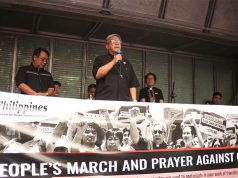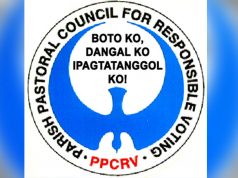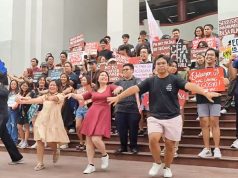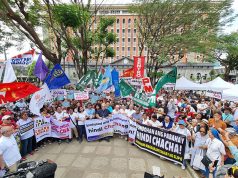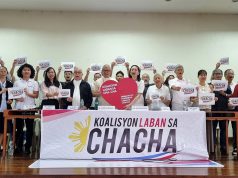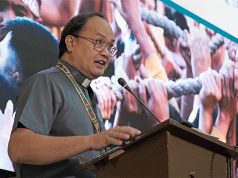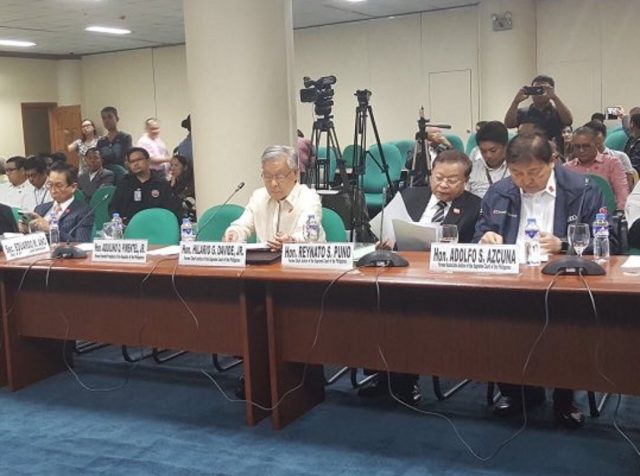
MANILA – The composition of the consultative commission created by President Rodrigo Duterte to study possible changes to the 1987 Constitution inspires public confidence that the panel would not produce self-serving recommendations which people associate with politicians, according to Buhay Rep. Lito Atienza.
“Since the advisory commission does not include a sitting member of the House or the Senate, they are not expected to advocate possible amendments that might benefit incumbent elected officials. This is very reassuring,” Atienza, the senior deputy minority leader, said on Sunday.
In previous administrations, Atienza said the public became distrustful of initiatives to introduce possible changes to the Constitution, mainly due to fears that members of Congress might introduce modifications that would further their own interests.
A controversial pitch concerns the possible lifting of the term limits of lawmakers and their family members in local posts.
The existing Constitution restricts the stay in office of House members as well as local executives to three successive three-year terms, and those of senators to no more than two successive six-year terms.
Despite the review panel chaired by retired Chief Justice Reynato Puno, House majority leader and Ilocos Norte Rep. Rodolfo Fariñas Sr. said it will still be up to Congress to decide whether to accept their recommendations.
“That is correct. Only a duly-elected constitutional convention or Congress convening itself into a constituent assembly may finally propose possible amendments to the Constitution that may be submitted to the people in a plebiscite,” Atienza said.
In a constitutional convention, the people will elect representatives who will recommend revisions to the Constitution.
In a constituent assembly, Congress itself sits down to put forward the amendments.
In both cases, the proposed changes will require final direct approval by the people in a referendum.
The Puno-led advisory commission, composed mostly of legal experts, will nonetheless be helpful in providing substantial inputs, according to Atienza, former three-term mayor of Manila.
“Nobody has a monopoly of ideas. Whatever recommendations they come up with will surely be valuable,” he said.




